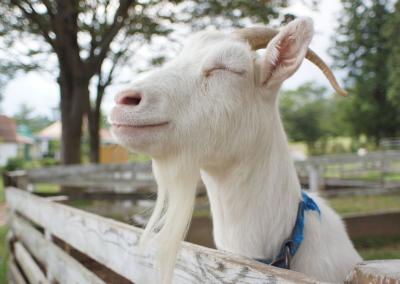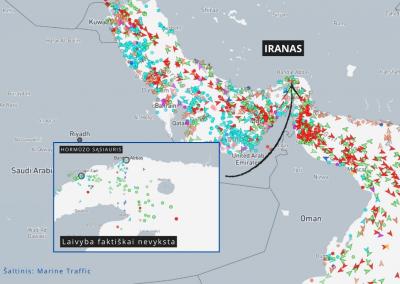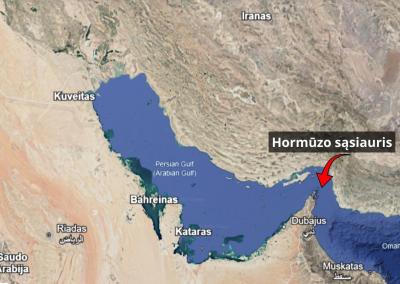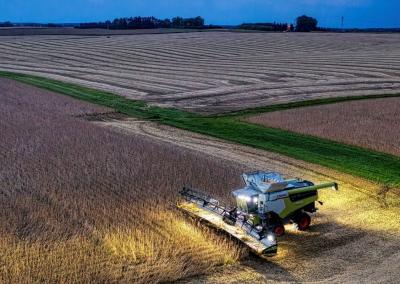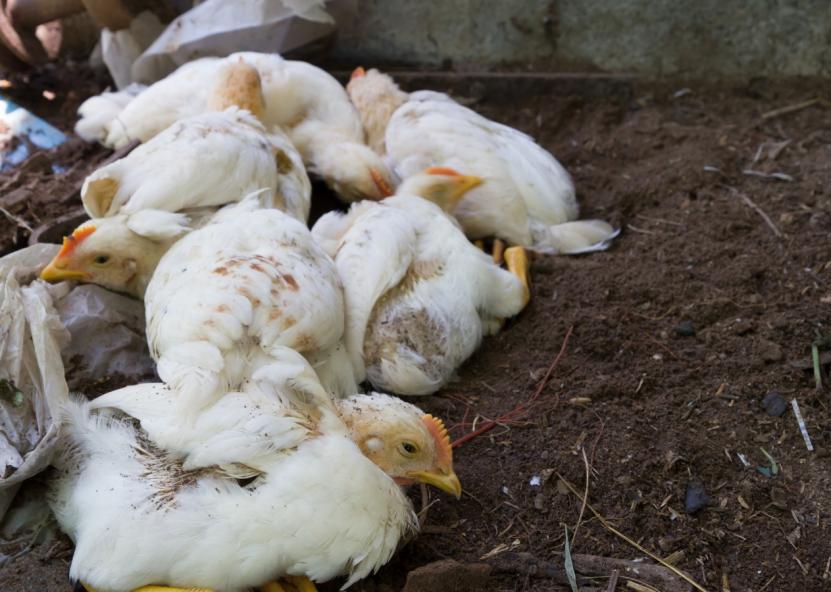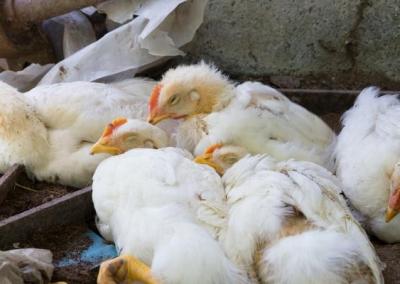Avian flu has scared the European Union. Hundreds of thousands of vaccines ordered
In total, 15 EU countries have ordered more than 660 000 avian influenza vaccines, which will reach poultry farms and veterinarians first. The decision by Brussels follows reports of the first fatal case caused by a new pathogenic avian influenza virus. Bird flu is so far difficult to transmit to humans, but the first deaths have significantly alarmed the public.
The European Commission intends to develop a vaccine to prevent the spread of highly pathogenic avian influenza from poultry to humans and the potential pandemic that could result.
Seqirus product is currently the only preventive vaccine against zoonotic avian influenza authorised in the EU. According to Brussels, it is aimed at those most at risk of transmission by birds or other animals. Farms and veterinarians are explicitly mentioned in the livestock sector.
The EU will purchase 665 000 doses, but the agreement includes an option to order an additional 40 million doses.
According to "Politico", citing an anonymous Brussels official, the first batch of vaccines will be sent to Finland immediately. Workers on a cod farm there are said to be at risk of contracting the H5N1 virus from infected animals.
The H5N1 virus was first detected in China in 1996, but in 2022 it caused the largest animal epidemic to date, affecting wild birds, farm birds and other animals worldwide.
On the human side, WHO reports that 888 H5N1 avian influenza infections have been recorded worldwide between January 2023 and 25 March 2024. The high mortality rate of this infection is a cause for concern. As many as 463 cases have resulted in death. Most of the cases are due to direct contact with infected birds. Avian influenza can also be contracted from other animals. For example, the first case of H5N1 infection from dairy cows was reported in Texas. The infected person developed mild symptoms and recovered.
In April, the death of a Vietnamese man who contracted the infection while hunting wild birds in February was reported. His first symptoms appeared on 11 March. The disease progressed rapidly and caused pneumonia, sepsis and ARDS. Despite intensive treatment, the Vietnamese man died on 23 March. He was found to have had nothing to do with poultry farming. Nor did he have any contact with people suffering from similar ailments.
In early June, news broke in the media that a patient in Mexico had died after contracting a new strain of avian influenza H5N2. This is the first time this type of virus has been detected in humans. The man fell ill on 17 April, complaining of fever, shortness of breath, diarrhoea and nausea. He died a week later.

































